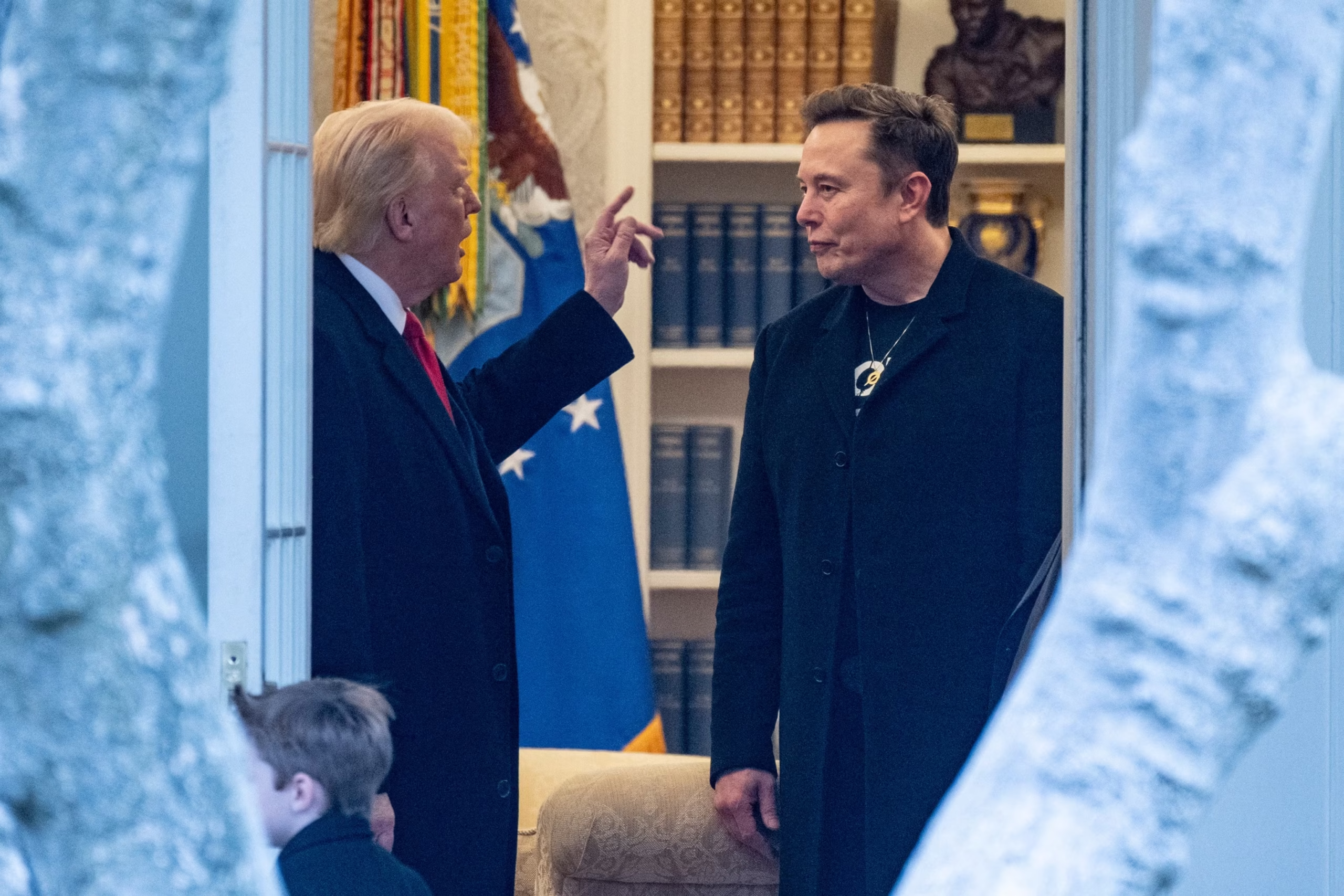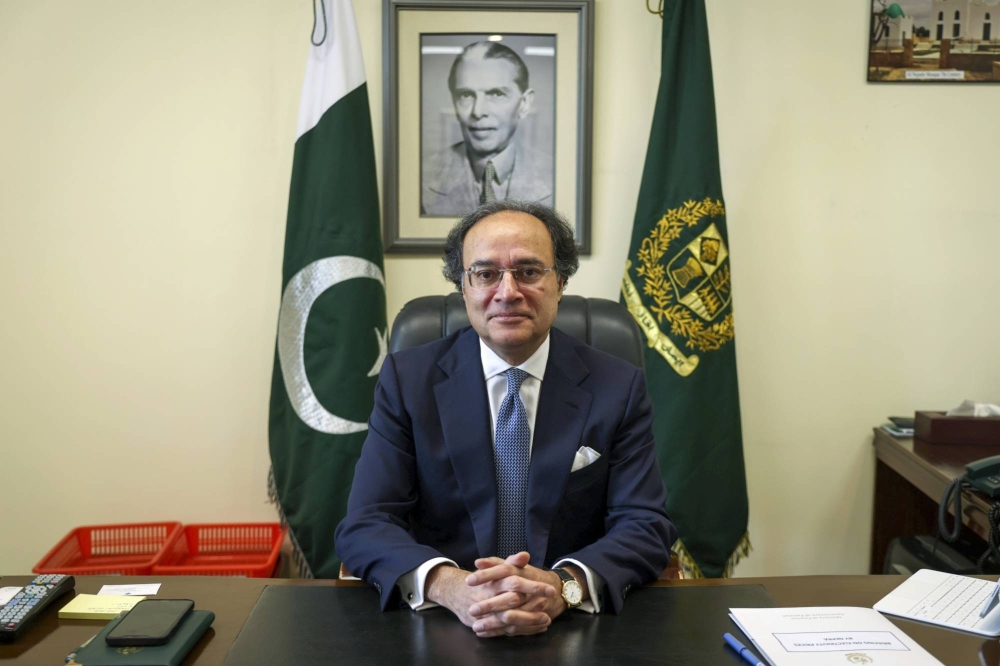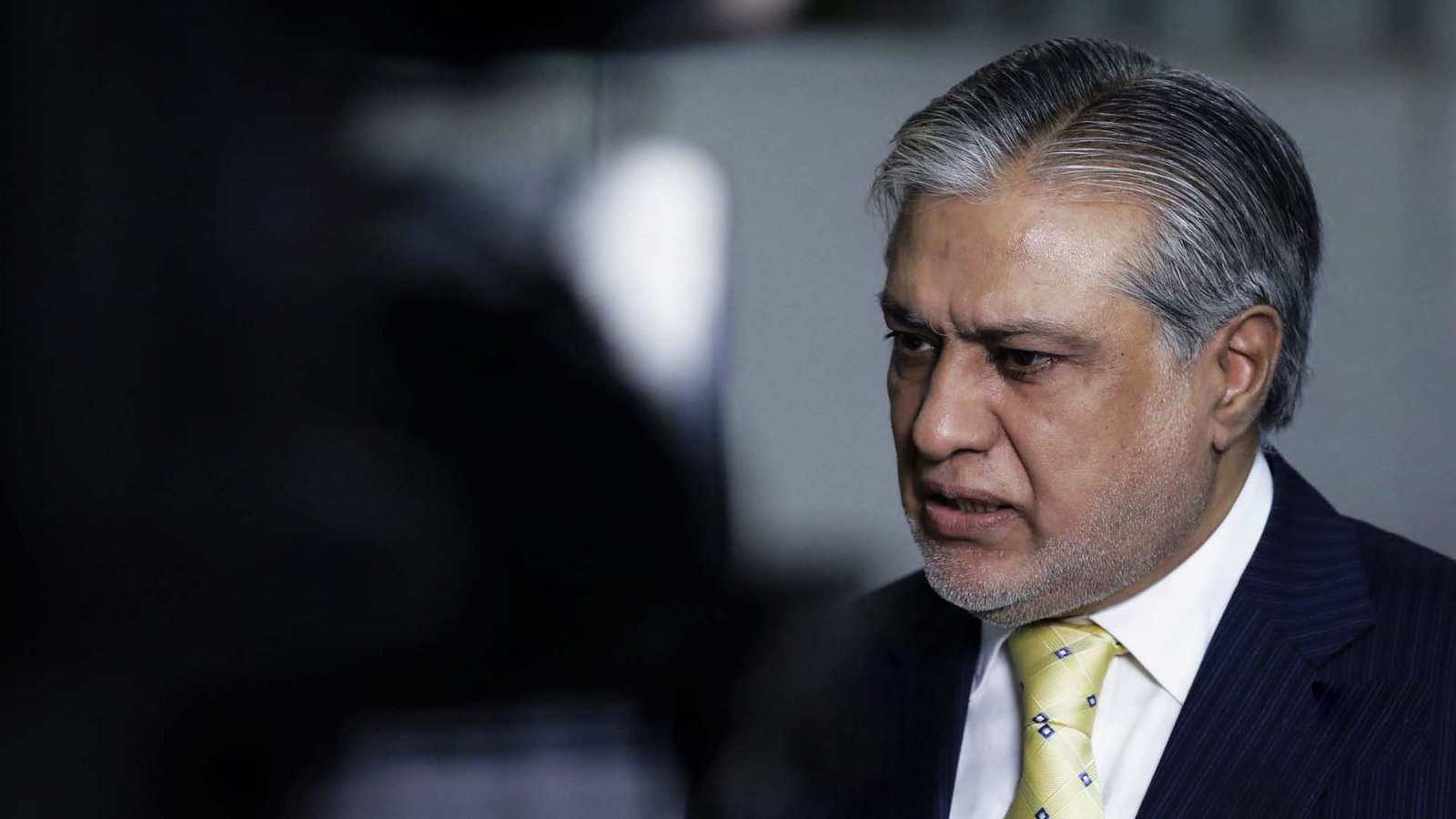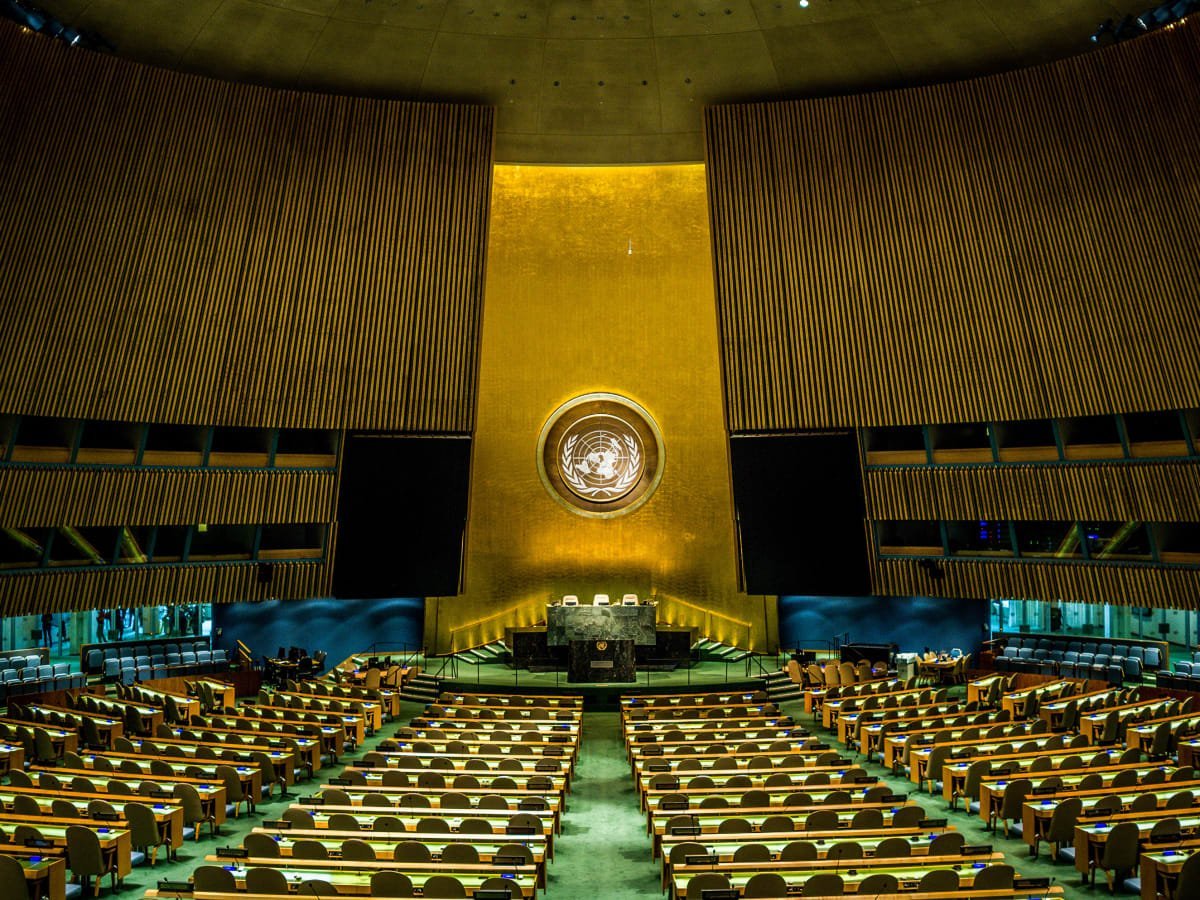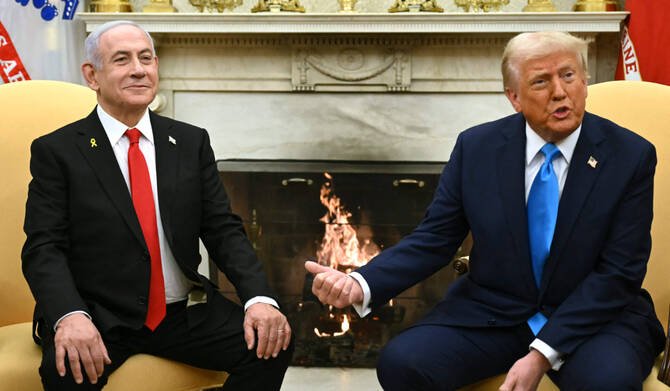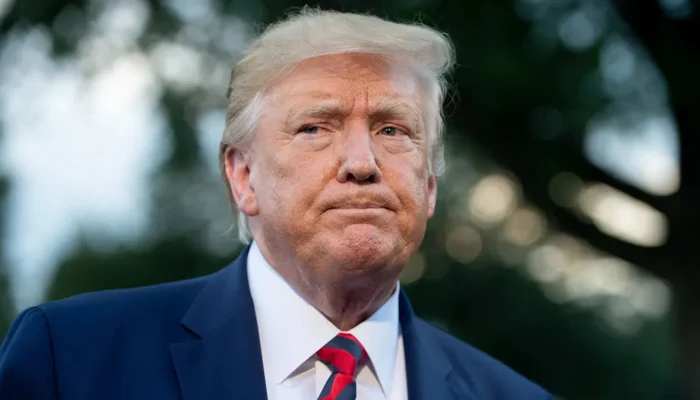In a recent interview with a private TV news channel, leader of the opposition Omar Ayub from Pakistan Tehreek-e-Insaf (PTI) voiced his lack of confidence in the current government and expressed his urgent anticipation of early elections. Ayub stated, “The winds direction is changing but still it requires to be changed completely,” indicating his belief in the need for a significant and immediate shift in the country’s political landscape.
Describing the government as compromised and lacking public trust, Ayub highlighted its inability to make decisive decisions, adding to the growing call for a change in leadership. He demanded immediate new elections, emphasizing the necessity of a level playing field and the withdrawal of cases against PTI leadership. Ayub also expressed a sarcastic remark, suggesting that the government might one day open the jail doors to engage in talks with PTI’s founder.
Asserting PTI’s capability to implement necessary reforms, Ayub remarked that “drastic reforms required in the country could only be managed by the PTI’s founder,” further positioning PTI as the party capable of leading the country towards substantive change and a brighter future.
Ayub also called for dialogue between the establishment and political parties, advocating for the return of PTI’s mandate and implying willingness to enter into discussions once the party’s demands are met. He revealed that PTI’s founder had formed a committee for talks with the establishment, without any significant communication occurring between the parties involved.
Expressing skepticism towards the current political system, Ayub highlighted its alleged unconstitutional nature and insisted on the need for adherence to the country’s constitution and laws. He predicted the imminent collapse of the government, citing a deferred budget date and the government’s failure to consult with the opposition as some of the indicators of its impending downfall.
Additionally, Ayub emphasized that PTI members are unwavering in their stance and will not retract their demands, regardless of facing legal challenges. He underscored their unwavering commitment to upholding the constitution and the rule of law, especially in any potential engagement with the International Monetary Fund (IMF), demonstrating the party’s strength and resilience.
In conclusion, Ayub’s statements reflect a growing sentiment of distrust and dissatisfaction with the current government, as well as a resolute call for reforms and early elections. These remarks may signal an increasingly challenging political landscape in Pakistan as opposition parties amplify their criticism and push for significant changes in the country’s leadership and governance.







